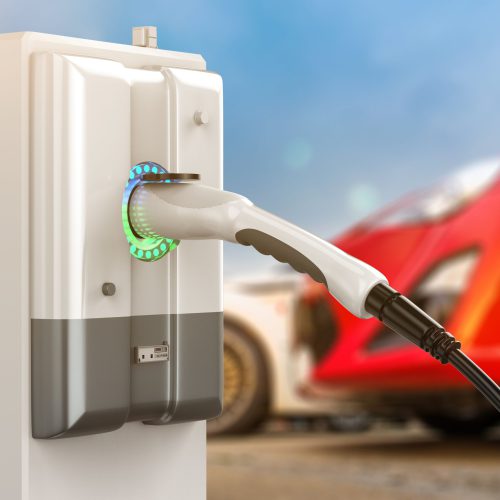Charting the Shift from Gasoline to Electric Vehicles
Gasoline Cars: The Road to Obsolescence. As electric vehicles (EVs) continue to carve out their niche in the automotive world, the question arises: When will gasoline cars become a thing of the past? Though electric cars currently represent a small fraction of the total vehicle fleet in the U.S., their impact is growing, with California leading the charge. Let’s explore the trajectory of gasoline vehicles towards obsolescence, considering technological advancements and regulatory shifts.
The Rise of Electric Vehicles
Electric vehicles are increasingly seen as a viable alternative to gasoline-powered cars.
This shift is fueled by significant improvements in EV technology over the past three
decades, coupled with increasing consumer interest and governmental incentives. For
instance, California has set an ambitious goal to ban the sale of new gasoline cars by
2035, reflecting a broader trend toward electrification.
Market Dynamics and Electric Vehicle Adoption
According to an analysis by IHS Markit, the adoption of electric vehicles is inevitable,
though not imminent across all regions. Factors influencing this shift include:
Retail Price Parity: The cost of EVs is expected to reach parity with gasoline vehicles as
battery prices continue to drop. This price equality is crucial for broader market
acceptance.
Convenience Factors: The current infrastructure for electric cars, including charging
stations, is less developed than the ubiquitous gasoline stations. This gap represents a
significant barrier to the mass adoption of EVs, despite advancements in charging
technology.
Despite these challenges, IHS Markit predicts that EVs will make up 7% of the vehicle
fleet by 2025, indicating steady growth but not an immediate overtaking of gasoline
cars.
Global Perspectives on Electric Vehicle Adoption
Internationally, EV adoption varies significantly. For example, Norway leads with about
10.7% of its car fleet composed of electric vehicles in 2018, largely due to aggressive
environmental policies and heavy taxation on gasoline vehicles. In contrast, the U.S.
lags behind with electric vehicles making up only about 0.45% of its fleet in the same
year.
The Role of Alternative Technologies
While electric vehicles are the main focus in the discussion about replacing gasoline
cars, other technologies like hydrogen fuel cells are also in play. Toyota, for example,
forecasts that gasoline cars will become obsolete by 2050, anticipating a significant
role for hydrogen fuel-cell technology. Despite the potential of fuel-cell vehicles, they
face their own set of challenges, including high costs and a lack of infrastructure.
A Gradual Transition
The transition away from gasoline cars is underway but will likely be a gradual process
influenced by technological advancements, economic factors, and regulatory policies.
While some regions like California are at the forefront of this shift, the broader
acceptance of electric and other alternative vehicles will depend on overcoming
significant hurdles related to cost, convenience, and infrastructure development. The
road to obsolescence for gasoline vehicles has surfaced with innovation, but it is a road
that will require considerable time to travel.

